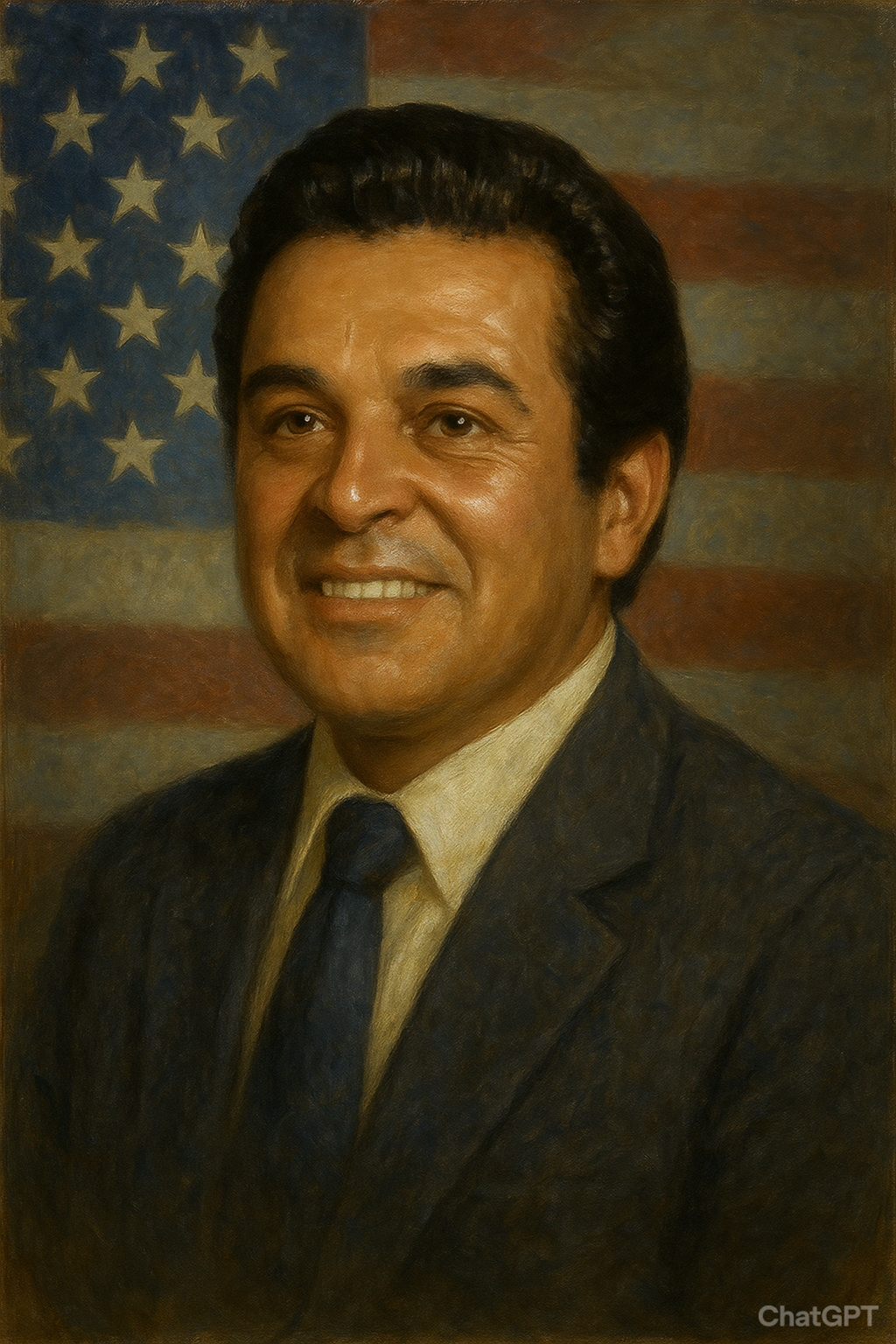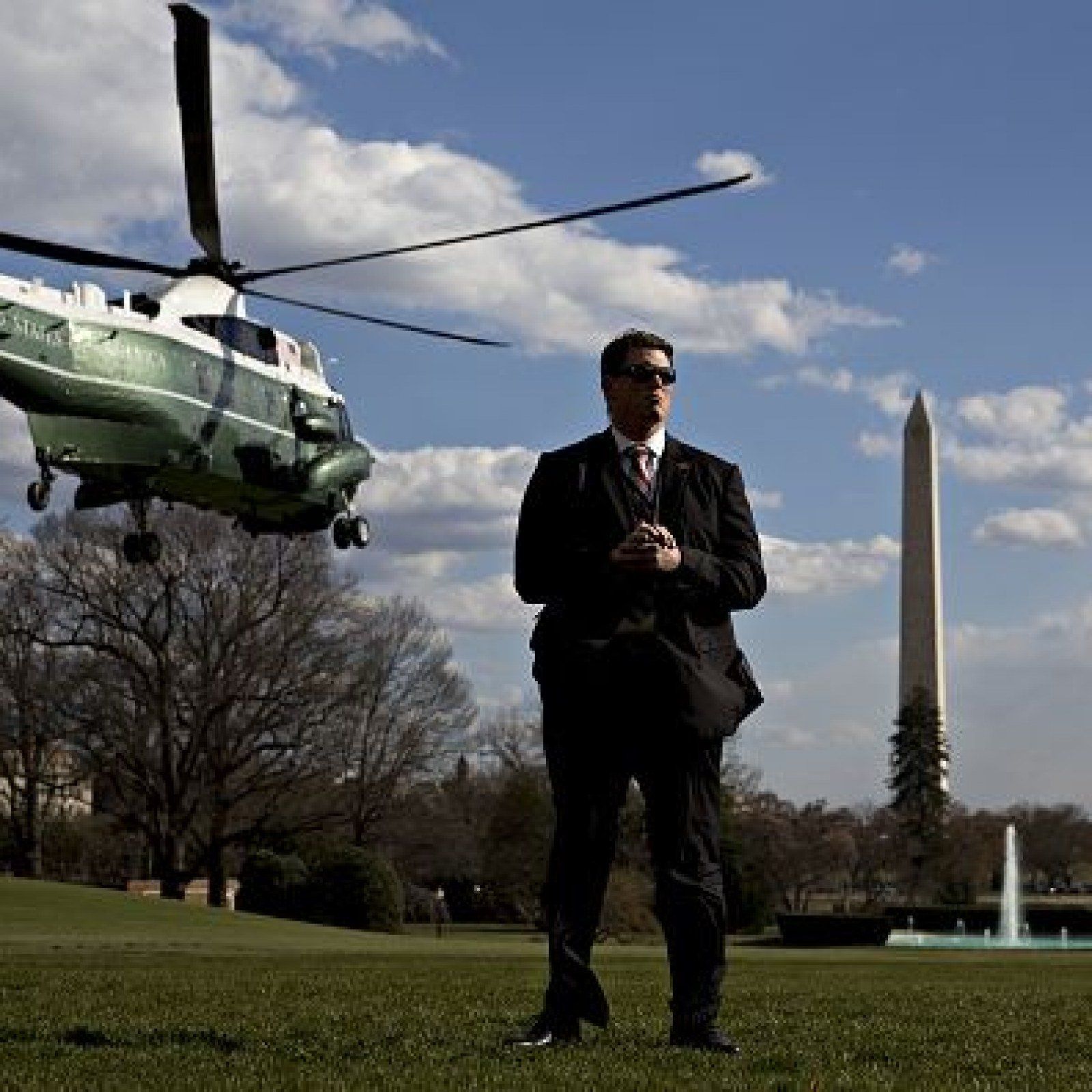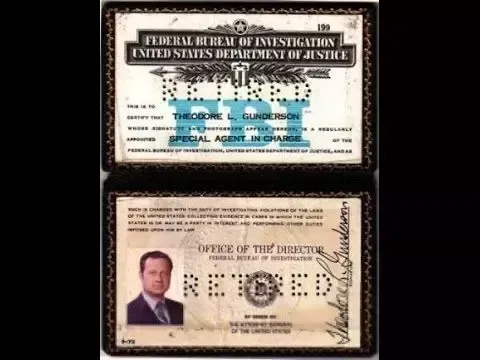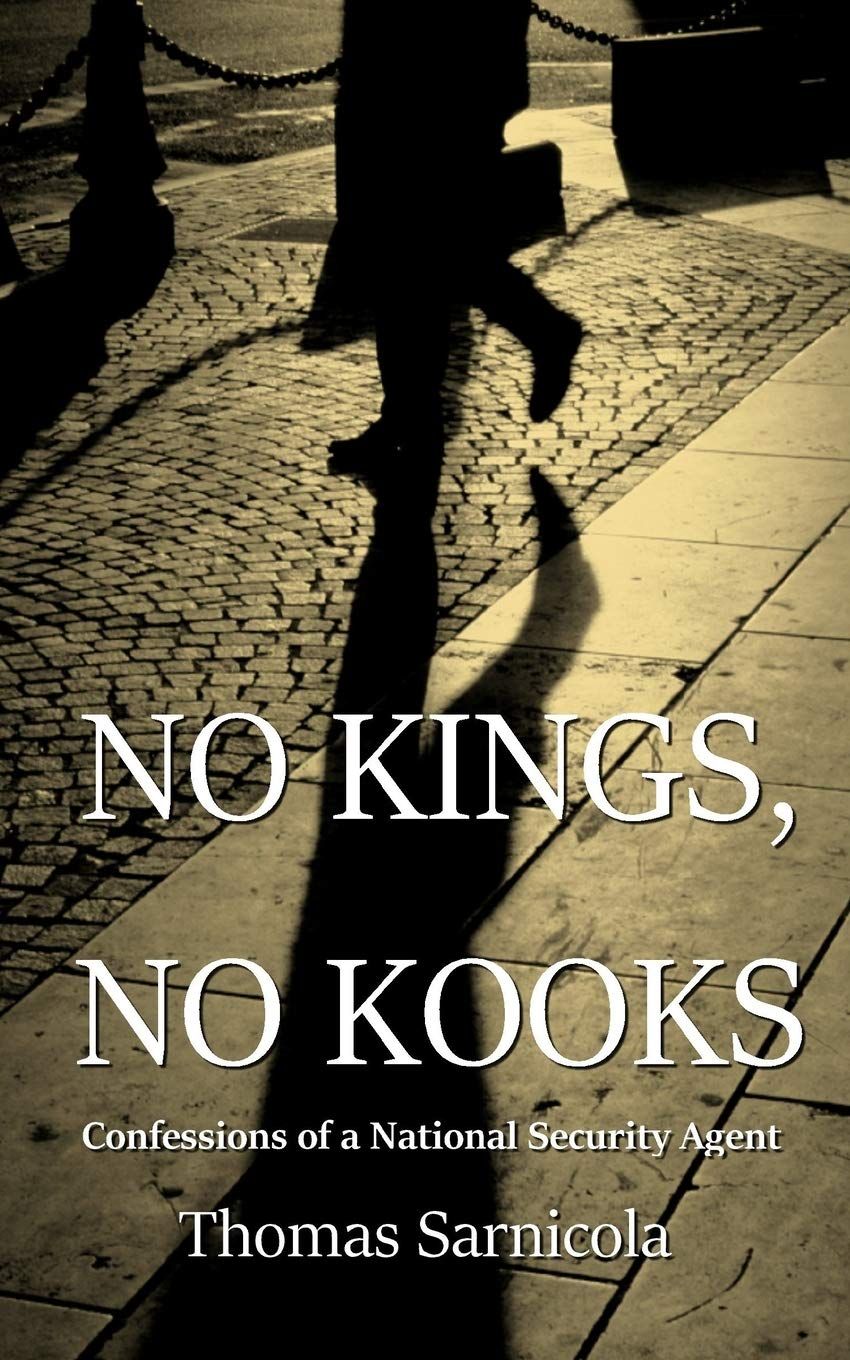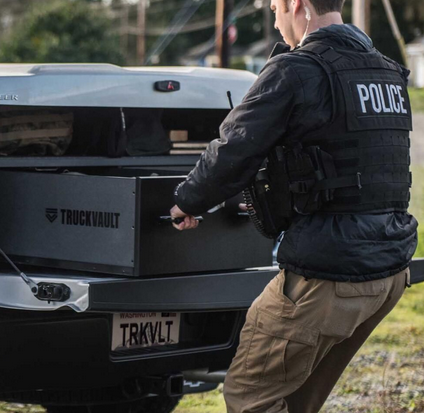So you want to be a Secret Service agent?
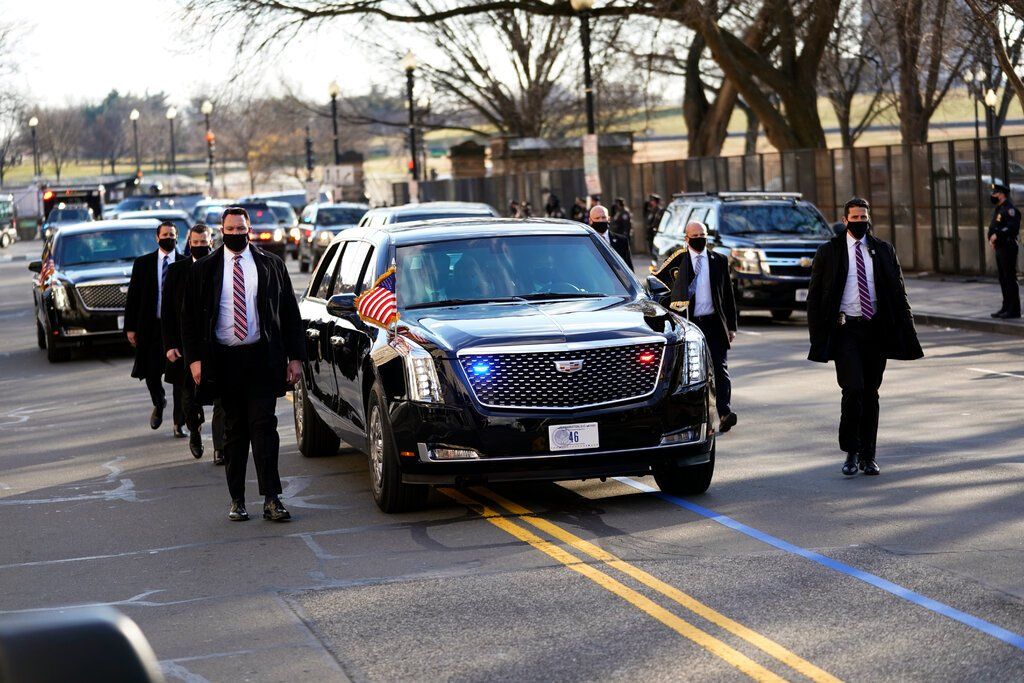
U.S. Secret Service Overview
The United States Secret Service (USSS) has primarily transitioned to a protective service organization with secondary involvement in investigative work. Originally established as a law enforcement agency in 1865, it is now the world's premier protective service organization with unparalleled capabilities to safeguard our nation's most important executive officers. The Secret Service is an umbrella law enforcement organization that contains both an investigative and uniform division. Note that Secret Service Special Agents (1811 Criminal Investigators) are routinely confused by the public with Secret Service Officers (1801 Uniformed Division) as both are Secret Service law enforcement officers.
Reality of Secret Service
A Secret Service Special Agent must be prepared to travel extensively throughout his or her career. This makes it an ideal workplace for younger applicants. Special Agents will likely start off working any number of support roles (i.e. driving the limo or standing post) and eventually be assigned leadership responsibilities for operations (i.e. advance site lead or shift lead). The Secret Service has a "zero-fail" protective mission, which means protective operations will always take priority over general investigative work (with the exception of protective threat investigations). Special Agents assigned to the field can expect to regularly support temporary duty assignments concerning a number of protectees. The Secret Service protection portfolio extends well beyond the President & Vice-President and includes former presidents, visiting heads of state and national security events.
The Secret Service also has a formal rotation program that rotates Special Agents from a Field Assignment, to a Protective Assignment, to a subsequent Post-Protection Field Office or HQ location. This is part of the traditional career-path.
The upside of Secret Service is that a new Special Agent will be able to travel all over the world, make a ton of extra money in overtime (which is fairly uncommon among other 1811 positions) and participate in events of major national significance (i.e. international treaty conferences, elections, UN General Assembly). The Secret Service also maintains a number of assets that are of national significance (i.e. Air Force One, White House) with corresponding specialty units and receives nearly endless support for its Presidential Mission. The downside is that constant travel can take a toll on personal relationships and family responsibilities. Additionally, post standing work can require long hours of standing and potentially uneventful duties (there is a reason USSS Special Agents have the most comfortable shoes).
Other Things about the Secret Service
The Secret Service is a relatively larger organization and comparative to the Drug Enforcement Administration (DEA) and Bureau of Alcohol, Tobacco & Firearms (ATF) in size. A few things prospective applicants should note:
- All field level Special Agents are assigned a take-home vehicle.
- Mandatory and short notice temporary duties are a frequent occurrence.
- USSS has a number of specialty positions available to experienced special agents (i.e. SWAT or CAT, Cyber, Polygraph).
- Advanced academic and career development programs are available to senior agents.
- Generally, Special Agents have top notch issued gear, radio equipment and facilities.
- Regular access to military, federal, state and local resources in support of protective mission.
- Counterfeit investigations generally do not result in federal charges due to low loss amount.
- The protection mission will always take priority over investigations. In general, Secret Service Special Agents conduct investigative work on the side only if time permits. In FY 2020, Secret Service had 41 full time protectees, completed 4,244 protectee visits (185 foreign) and documented 2,301 protective intelligence investigations. Protection is now the primary purpose of the Secret Service.
- Secret Service Special Agents are constantly in visible public roles and around the watchful eye of the media; which can result in unwanted media attention for relatively trivial events. This can also result in very severe disciplinary actions (i.e. terminations) for conduct the agency deems embarrassing.
- The Secret Service is actively working to mitigate the impact of operations on Special Agents. This includes child care and potentially a supplemental retirement program in the near future.
- Secret Service trainees initially complete the joint Criminal Investigator Training Program (CITP), which makes transitioning to other federal agencies later in their careers a viable option.
Getting Hired with the U.S. Secret Service
Like many other 1811 agencies, the U.S. Secret Service has a very extensive and stringent hiring standard. However, given the physical demands of its protective mission, the Secret Service appears willing to entertain younger applicants. A few things to note:
- All potential applicants should read the new "Become a Secret Service Special Agent" brochure.
- Possessing or being within nine-months of graduating with a master's degree will get your foot in the door as a young applicant, however, they must also meet all required standards.
- The Secret Service is extremely stringent on drug abuse (both prescription & over the counter drugs) and this has been noted as a major challenge for recent college graduates.
- The Secret Service requires an exhaustive tax review for all applicants.
- The Special Agent Entrance Exam is a high barrier to entry for some applicants and requires a commitment to study. Read my Special Agent Test Prep Blog to learn more and prepare yourself.
- In order to prepare for the Pre-Employment Interview and formal Special Agent Review Panel, I encourage all applicants to review my Secret Service Profile Page.
- The Secret Service does have a fitness requirement and recurring fitness program throughout the lifetime of an agent's career. All applicants should have a continued commitment to fitness.
- Start taking your personal digital security seriously. Read my blog "Basic Online Security for Special Agents."
In Conclusion
The United States Secret Service (USSS) is a vital national institution with a historical legacy and unrivaled public recognition as an 1811 agency. The USSS Special Agent position requires a range of skills from diplomacy and discipline, to firearms tactics and organizational skills. The USSS offers an amazing career to adventurous applicants and truly is a service to the American public. The Protective Mission is their speciality and the USSS truly does it like no other.
Review my detailed
U.S. Secret Service Profile Page to learn more!

